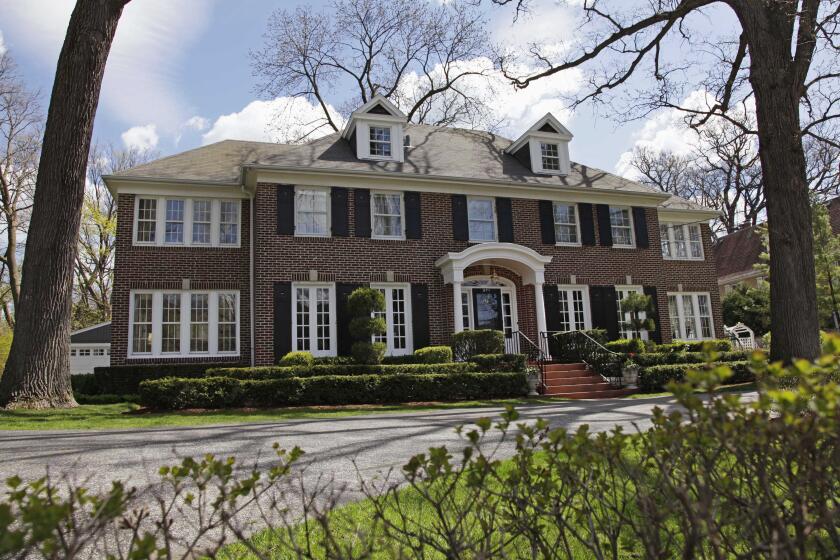Eight Golden Rules When Remodeling
As one who has gone through a major addition/remodel, I would like to suggest a checklist for the benefit of others contemplating a similar course.
1--Be sure your plans or drawings are detailed and that they meet your desires before submitting them to the Department of Building and Safety for permit approval. Permit modifications are time consuming and expensive.
Be sure to specify make and model of each plumbing, heating and electrical fixture. Simple things, usually taken for granted, such as a soap dish in the shower, should be specified. There can be a wide variance in cost and quality of light fixtures. Do you have something in mind? Check it out. Provide make and model number. The contractor, if left to his own choice, may provide something totally different. (And cheaper.)
Although it is time-consuming, study and plan in advance. It will avoid problems with the contractor. The same applies to floor coverings, kitchen and bath tile.
2--Be sure the plans are of sufficient detail to give specifications and location of each electrical outlet, telephone, TV and cable TV jacks. Give considerable thought to these locations while they are still on paper. They are costly to change once installed.
3--Specify cabinet and hardware quality and/or specifications. There can be a world of difference in quality and cost. Reach an understanding with the contractor beforehand. This also applies to paint and finish. Decide on colors beforehand.
4--When choosing a contractor check references, check license with State Contractors’ License Board, don’t pay more than a token amount in advance and keep 10% retention on all payments until completion of the contract. The contractor should have sufficient resources to finance initial cost of contract.
5--On any change orders, discuss them in advance with the contractor. Agree on a price before work commences.
6--If you have an architect, arrange for him to review work under construction, especially if it’s a quality project. Contractors tend to cut corners for expediency, and an alert architect will enforce diligence to the plans. Unless one is very knowledgeable about building codes and construction techniques, it is easy to be misled. The cost is greater but, in the long run, the value will justify the expense.
7--Cooperate with your building inspector. It is to your advantage that all construction meets local building and safety codes. There can be major problems on eventual resale if they don’t. Be sure that all necessary permits are obtained. Be sure to keep all approved permits and the approved set of plans.
8--Have full and complete discussion on all phases between spouses. It will ease the tension on the bonds of matrimony.
Be reasonable. If you expect perfection, you are certain to be disappointed. In the construction field, it is not achieved this side of heaven. You can expect “perfection” from the architect but “expediency” from the contractor. You should expect to play the role of mediator between the two, who will be barely on speaking terms during construction but will respect each other at job’s end.
Robb is a retired real estate appraiser who lives in the Los Feliz area.





